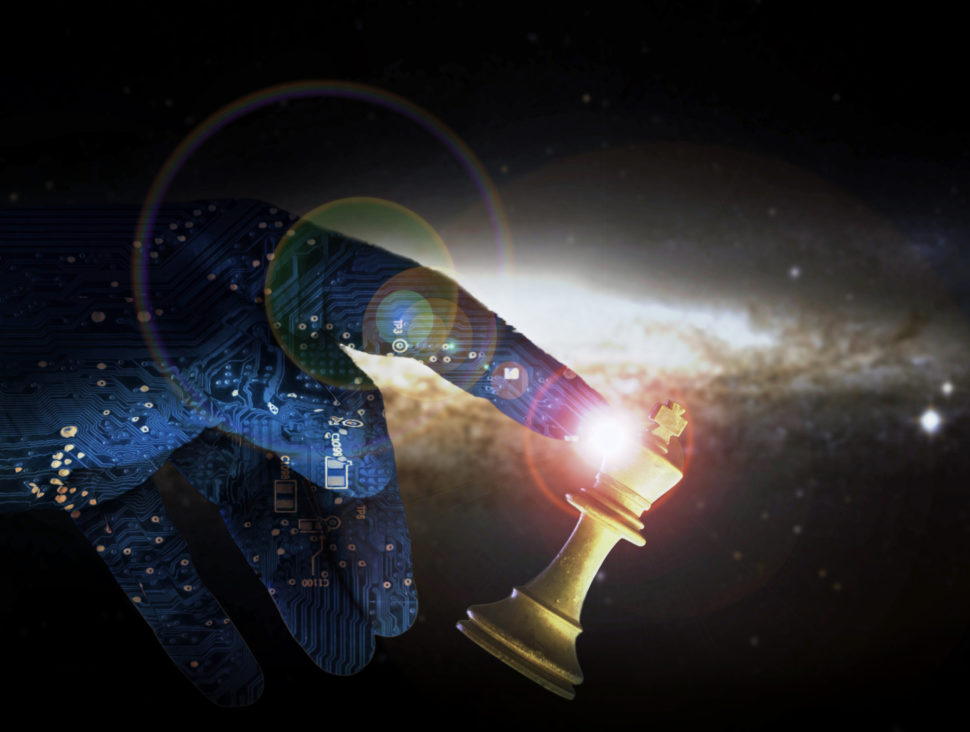DeepMind, Alphabet’s AI division, has developed a new AI application called the “Differential Neural Computer”. The DNC builds on the AI concept of deep learning by enabling a machine to use memories of past computations – which, theoretically, improves an AI’s ability to multitask.
We expect to see immediate advances in AI navigation, but what else comes with reaching this milestone in deep learning mechanics?
What Is Deep Learning?
Simply put, deep learning is a neural network of interconnected nodes all tasked with responding to the same input data.
During training, the nodes break down a given problem with trial and error computations until they produce the best possible outcome. Deep learning machines perform tasks much like humans and produce incredible results such as mastering a complex game.
So, why Haven’t Deep Learning Machines Enslaved Humanity?
These types of AI neural networks have been victims of short-sightedness: Deep learning machines forget the current problem when posed with a new one.
This forgetfulness is known as “catastrophic forgetting” and has presented a significant hurdle in the creation of better AI.
“the new AI was able to answer complex navigational questions based on a process that resembles deductive reasoning.”
Where the Differential Neural Computer Comes In
DeepMind equipped the DNC with an external memory unit from which, ideally, could store and recall information. It wasn’t until the DNC used the previous trial and error method that it learned to use the external memory. DeepMind then compared the AI’s results with desired results until the DNC produced the closest to desired outcomes possible. When fed a map of London, the new AI was able to answer complex navigational questions based on a process that resembles deductive reasoning.
It wasn’t until the DNC used the previous trial and error method that it then learned to use the external memory. Next, DeepMind compared the AI’s results with desired results until the DNC produced results as close to the desired outcomes as (dare we say, humanly?) possible.
Incredibly, when fed a map of London, the new AI was able to answer complex navigational questions based on a process that resembles deductive reasoning.
The Future Implications
Current deep learning applications appear unable to excel in deductive reasoning tasks, but the DNCs ability to multitask and refer back to past experience could usher in many more changes and advancements than we’ve seen up to this point.
While AI is subtly becoming more and more integrated into our daily routines, it’s still rare that advances in AI computation have an immediate effect on our daily lives.
However, if the DNC can accurately answer a complicated navigation problem, it could mean forward progress for self-driving vehicles in the very near future.



















Comments (0)
Most Recent